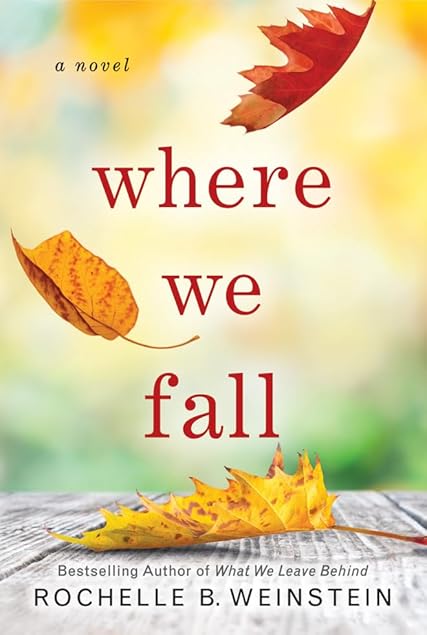Lerman's dad was a big man. 450 pounds big at his heaviest. The gain and loss of his weight and the diets he tried, coupled with his very successful advertising career and all it required of him, gave form to much of her childhood. Her mother's emotional distance and her maternal grandmother Beauty's warmth and love of cooking were the other huge factors in Lerman's life. In this memoir, she shares what it was like to grow up with a father whose weight dictated the rest of the family's consumption and a grandmother whose cooking was a manifestation of her love. The book is almost like a series of chronologically ordered essays about Lerman's growing up years. She lovingly describes learning to cook under Beauty's tutelage. She lays bare the unhappy family dynamics of a workaholic father, a significantly less than maternal mother, and a talented younger sister. There is at best indifference and at worst neglect towards Lerman and extreme self-centeredness from her parents. Interestingly, despite this, Lerman's love for her father in particular shines through her writing. And this love remains even as she chronicles the toll her parents' divorce took on her and the terrible way in which she was so very alone after it.
Each chapter closes with recipes that Lerman mentions within the text. Many of them come from her grandmother, some from her early attempts to help her father on his many diets, and some from her own adult life as a specialist in nutrition and health. The stories that Lerman has chosen to tell are incredibly sad. Her family's focus on appearance, both physically and in terms of keeping up with appearances for those outside the family, leaves readers feeling pity for the often unconsidered child she was and neither of her parents come across as particularly sympathetic. Lerman was not only physically hungry most of her childhood and teen years but she was emotionally hungry as well. Each chapter builds on this hunger, showcasing the myriad little unkindnesses of her life and chipping away incrementally at the reader's feelings of decency and understanding towards her parents until there's nothing left. The dialogue within the memoir is stilted, unnatural, and too formal sounding with a disconcerting lack of contractions and other hallmarks of casual verbal communication. I really wanted to love this memoir, wanted to be drawn in by her creative dad and her warm grandmother, wanted to be inspired to try the recipes, wanted to celebrate love and family, but in the end, I just found myself feeling sad. The book is a fast read and those less bothered by the dysfunction will probably appreciate it more than I did.








 This meme is hosted by Kathryn at
This meme is hosted by Kathryn at  This past week's mailbox arrivals:
This past week's mailbox arrivals:



















